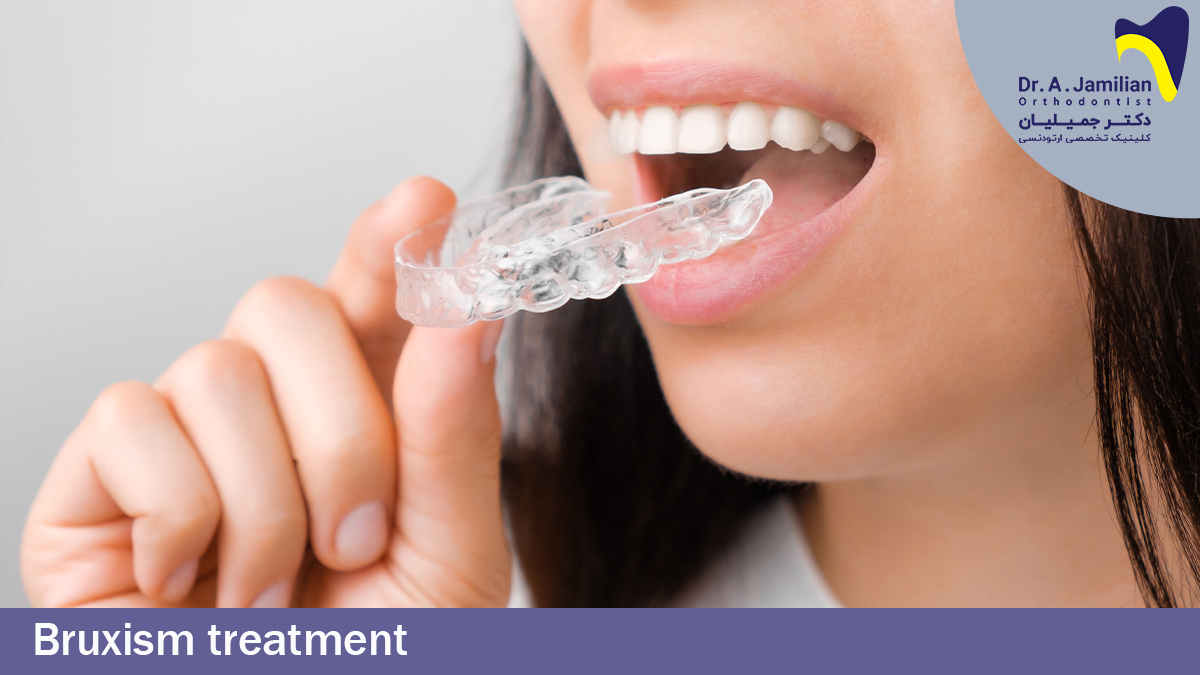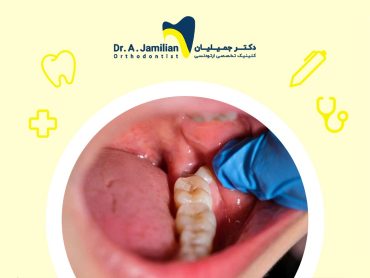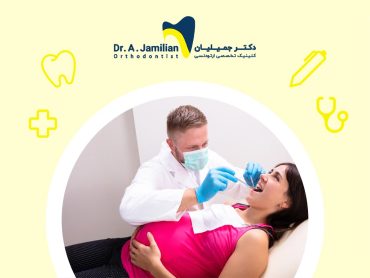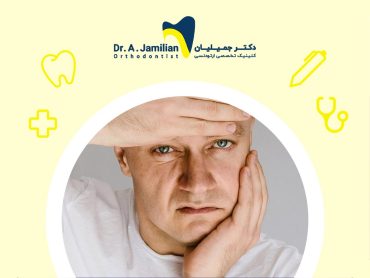Have you ever felt jaw, tooth pain, and headache when you wake up in the morning? Within this article, will be information regarding this topic, and more. Many people are immensely restless during sleep, and later on unconsciously and strongly clench their teeth. This causes severe pain in the mentioned areas in the morning. This action is called Bruxism.
What Is Bruxism?
Bruxism refers to the habit of grinding, and clenching the teeth often during sleep. It has gotten to cases, where it may even wake up the people around. In such conditions, the teeth will wear down, and become flat & chipped.
This disorder often happens at night and greatly damages the teeth. What’s the worst thing about it is bruxism occurs unconsciously. This means that people are unaware that they grind their teeth.
Studies conducted by dentists have revealed one third of children suffer from bruxism. Fortunately, this problem disappears over time and commonly, most children break this habit.
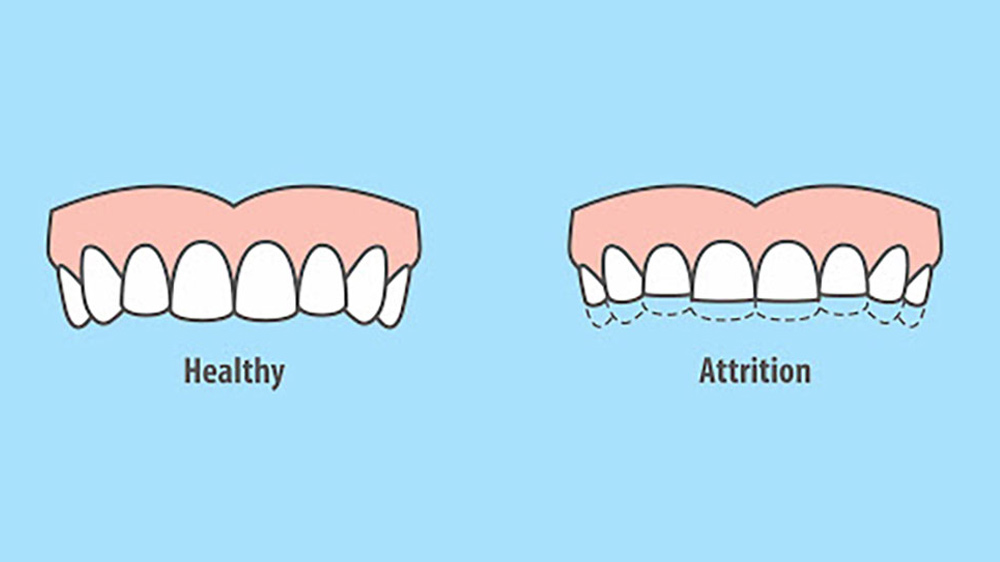
What Are Bruxism Symptoms?
Given that bruxism occurs unconsciously, other people may recognize it. However, it could also be diagnosed based on its consequences, e.g., severe bruxism damages tooth enamel. However, damages such as tooth enamel leads to other problems such as tooth sensitivity and fracture. Moreover, bruxism may cause headaches, toothaches, tooth looseness, gum recession, neck pain, earache, etc.
At what age does bruxism start?
For all ages bruxism is a problem, and is not specified on a specific age-range. However, it is more common among children and often disappears by the age of 10 years old. At older ages, it commonly occurs among adults aged 20-40 years old, and its incidence decreases with increasing age. Bruxism may start at the age of 3 years old and last until the end of life. The type of teeth, no matter if ruined or beautiful, may still get the disease. For children, it may also occur if they have deciduous teeth.
Causes Of Bruxism
It often occurs due to psychological factors such as severe stress and anxiety at critical stages of life. Bruxism could be caused by crooked or missing teeth and presence of extra teeth. However, it Some people experience severe anxiety and stress in situations such as marriage, childbirth, work pressure, etc. and unconsciously clench their teeth. Moreover, negative feelings as well as life and family problems could cause bruxism. In this case, it is recommended to share the problems with trusted specialists and seek advice from them. This could greatly reduce mental pressure.
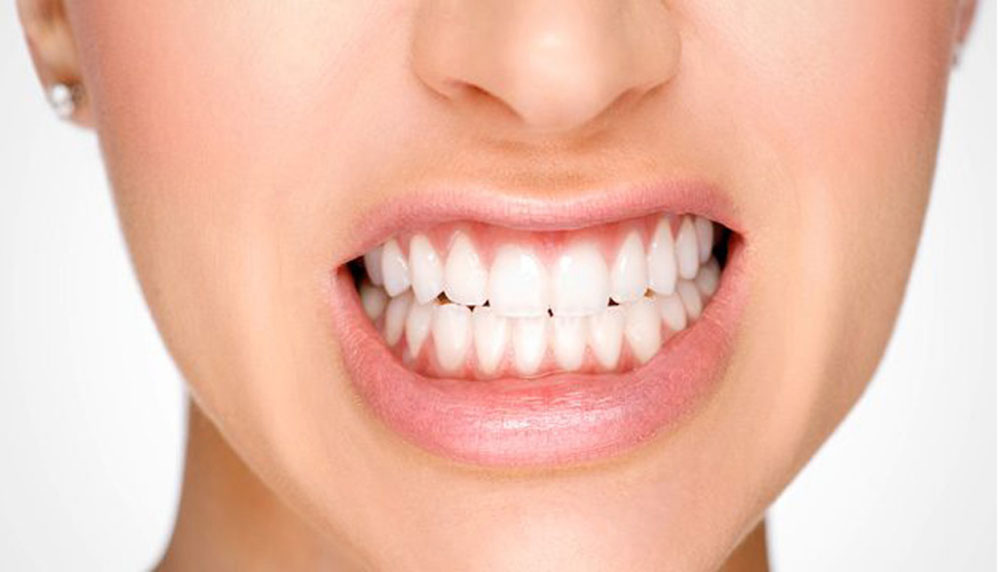
The Connection Between Bruxism And Stress
Bruxism is a prevalent phenomenon in childhood which is considered as a sleep disorder occurring in one of the stages of deep sleep. This disorder often begins between the young ages of 3 and 5 years old. However, in multiple cases there is a biological effect with family history.
Sleep disorders such as bruxism, night terrors and nightmares may be exacerbated by daily stress. This includes worries, psychological stress, insomnia and anxiety. Stress may arise for different reasons. Common ones within childhood include due to anger, changes in daily tasks, having a new teacher, birth of a sibling, being punished by parents and parent-child conflicts. Other psychological factors such as crises and conflicts, repressing anger and active and aggressive personalities may aggravate this disorder. Furthermore, any disorder in the temporomandibular (TMJ) joint may manifest. This is caused by symptoms such as bruxism and vague pain located in the head and face.
TMJ disorder and pain have different manifestations at different ages, e.g. This disorder is accompanied by tooth loss among the elderly, while it mainly occurs as a result of psychological and emotional stress at a young age. In all cases, this disorder affects the nervous system associated with the masticatory system and teeth, followed by incidence of bruxism.
In the past, there was a direct correlation between parasitic infestation and bruxism among children. Later, studies found no correlation between parasites and bruxism. However, it was stated it is worth examining parasitic infestation. Some orthodontists argue that malocclusion of the upper and lower teeth and premature contact could lead to bruxism among some adults.
Problems Caused By Bruxism
Bruxism has many complications including tooth enamel loss, tooth sensitivity, and jaw disorders. People with bruxism often get a severe headache and earache. In some cases, bruxism causes the teeth to decay, fracture, loosen and fall out. Severe toothache, neck pain, hearing problems, tooth erosion, jaw pain, and insomnia are among the other complications. Although bruxism commonly occurs during sleep, grinding and gnashing the teeth during the day is also common. Constant bruxism may cause recession of the gums and bones supporting them in the mouth. This results in fractured, chipped enamel, and tooth sensitivity. Moreover, bruxism could cause stiffness of the masticatory muscles of the jaw, earache due to the jaw muscle contraction (the origin of this problem is not in the ear), heavy headache in the morning, chewing and traumatizing by pressure inside the cheek, nervous headache, jaw pain or chronic facial pain in the morning, TMJ disorders (this joint is located in front of the ear and could be touched by opening and closing the mouth) and restricted mouth opening (RMO).
Preventing Tooth Damage While Sleeping
Wearing a night guard is the only way to prevent damage to the teeth and joints. A night guard is a plastic piece made by dentists based on the mold of the upper jaw (in some cases, the lower jaw as well) and patients must wear it every night while sleeping to remove pressure and improper contact and prevent tooth damage while sleeping. Night guard should be worn every night as long as teeth grinding continues.

Methods of Bruxism treatment
The methods often suggested for the treatment of bruxism include some of the following Pharmacotherapy, psychotherapy, changing sleeping position, and occlusal correction. Bruxism often goes away over time if it’s a habit. If bruxism is due to improper occlusion of the teeth, the orthodontist may resolve it. In very severe cases, when the surface of the teeth leads to the increased sensitivity or inability to chew properly, crowns that completely cover the chewing surface of the teeth are used.
In general, the following points could help treat bruxism:
- Reduce stress and anxiety as well as mental pressure. This issue can help you stop teeth grinding and have many other benefits for your health.
- Go to an orthodontist for an examination and share your problem with them.
- Wear a night guard. Put this protector in your mouth while sleeping by the dentist’s prescription.
- Exercising is the best way to get rid of stress and mental pressure.
- Eat healthy foods, fruits and vegetables instead of consuming fast foods, soft drinks and fried foods. This can help you reduce stress and become more relaxed.
- Drinking herbal teas is highly recommended to reduce stress before sleep.
- Stop chewing gum as it could increase the risk of teeth grinding.
Bruxism Treatment FAQ
1-Which doctor should we refer to for treating bruxism?
First, you should visit an orthodontist to examine the condition of your teeth. After examining the teeth, the specialist will give all the necessary instructions.
2-What problems could bruxism cause?
Bruxism could damage tooth enamel, cause the teeth to decay, fracture, loosen, and fall out. On top of that, it could cause jaw disorders, headache and earache.
3-Which vitamin deficiency causes bruxism?
Deficiency in vitamins such as calcium or magnesium may lead to teeth grinding. So, it is recommended to take a multivitamin supplement for bruxism additional treatment. It is also very important to follow a calcium-rich diet and consume milk and dairy.
4-How severe bruxism could be treated?
Severe bruxism usually could not be treated only by using dental procedures such as wearing a night guard. Other treatment methods should be used, including visiting a psychiatrist and changing dietary habits and lifestyle.
5-How to treat bruxism at home?
The first step is to reduce stress. You can listen to some relaxing music for that matter. Take a hot shower or do yoga. Avoid energic food or drinks at night. Regulate your sleep hours and go to sleep at a certain hour every night. Don’t forget to go to the dentist regularly.
6-Do worms and parasites cause bruxism?
Some gastroenterologists believe that some digestive diseases such as intestinal worms cause bruxism. So, it is necessary to check all the health factors of the patient to treat bruxism definitively.
7-How is bruxism treated in children?
Children may experience tooth grinding as a result of bad nutrition or stress and digestive issues. You can cure your child’s bruxism by fixing any of these problems. It is also very important to help your child to feel tranquil, especially at night. You can put a warm towel on your child’s face before sleep to make him/her feel more relaxed. It is recommended to see a dentist regularly to treat or prevent bruxism in children.
